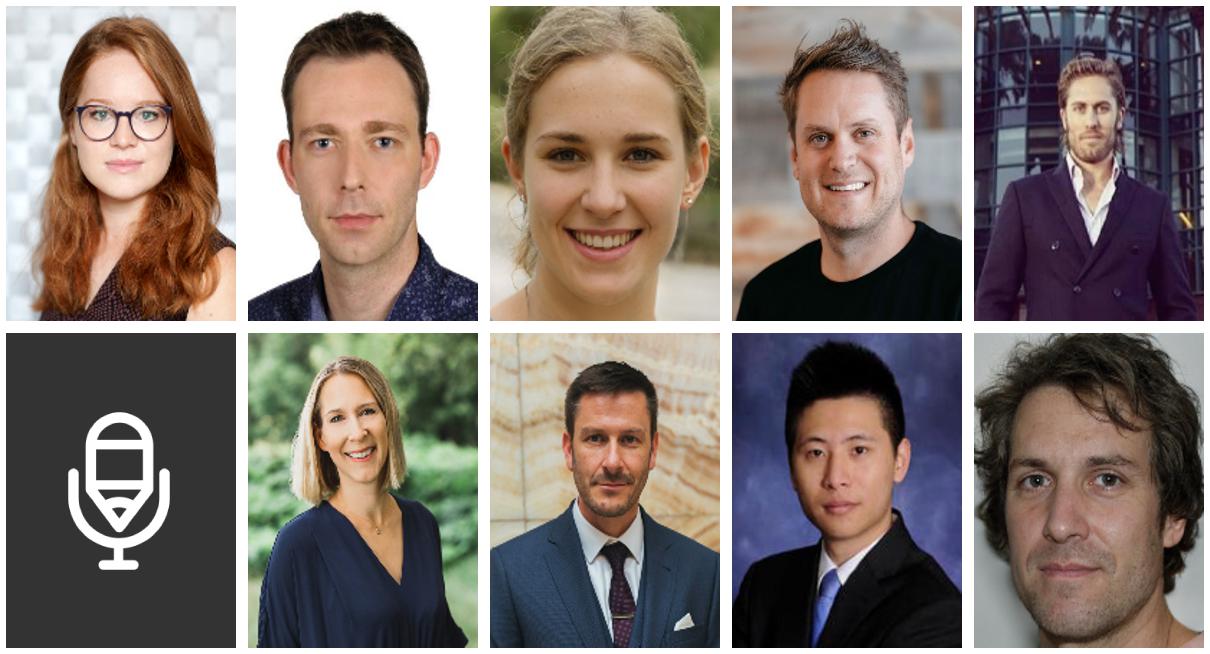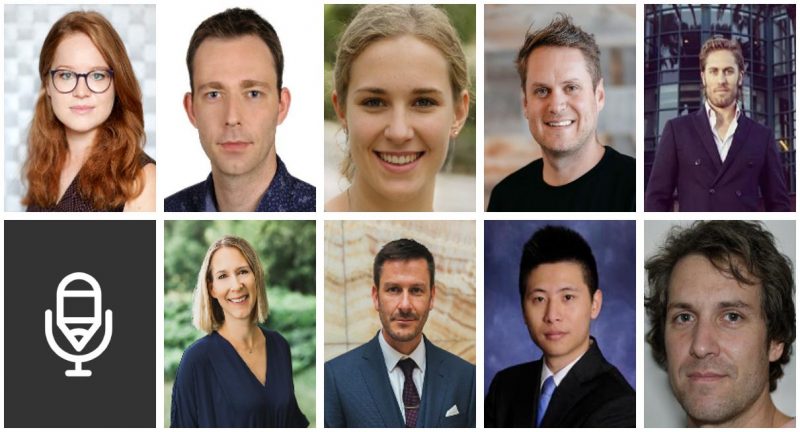What is the purpose of interviewing yourself?
To help you understand the importance of interviewing yourself, we asked hiring managers and business professionals this question for their best advice. From gaining practice benefits to self-appreciation, there are several reasons why interviewing yourself is important while preparing for an interview.
Here are nine reasons why you should interview yourself:
- Practice Makes Perfect
- Instill Confidence
- Get Clarity
- Prepare For Tough Questions
- Familiarize Yourself With the Process
- Understand the Mindset Of The Interviewer
- Recognize Your Own Personality and Strengths
- Gain Insight On Your Growth
- Acknowledge Your Own Accomplishments

Practice Makes Perfect
The purpose of interviewing yourself is to of course practice. Ideally, you want to rehearse your answers but not to the point of them sounding scripted but rather authentic and genuine.
Ask yourself difficult questions that you know internally you have a tough time answering. These are the ones you want to prepare for the most.
Furthermore, when interviewing yourself, it’s a great idea to do so as a video recording. That way you can review your body language, eye contact, and any nervous ticks you might be unaware of. As the next step, it’s a great idea to practice with a friend just to get additional feedback as we all have blind spots that we’re often not even aware of.
Peter Bryla, Zety
Instill Confidence
Interviewing yourself can have many different purposes and benefits, all of which allow you to go into your next interview with confidence. How you interview is made up of multiple different things, such as your body language, the tone and confidence in which you speak, and the answers you give when being interviewed. It is incredibly important to understand how you look and sound when interviewing, as well as knowing that the answer you’re giving is the best version of it. When conducting an interview on yourself, you should be recording and asking yourself general questions that you expect to be asked during your interview. You can correct your body language and work on how you project your voice through these recordings, as well as get a taste of how your answers sound to the interviewer. The goal of interviewing yourself is to get to know yourself in the context of the role you’re interviewing for.
Brandon Brown, Grin
Get Clarity
It’s good practice for future interviews. Interviewing yourself helps you to focus on the exact message you want to get across to other people. It is also a good way to prepare for different types of job interviews. These can include a simulated interview, a semi-structured interview format, or even a telephone interview. When it comes to interviewing yourself, it can also help you determine what some of your future goals are. It’s a very beneficial exercise.
Sarah Pirrie, Healist Naturals
Prepare For Tough Questions
It is better to go through an interview process with yourself several times and prepare for all the tough questions that may come your way than to go through it for the first time with your interviewer and come across as unprepared. And that’s why interviewing yourself is a great idea. You know the position you’re trying for, and you have a pretty good knowledge of the most challenging questions that might come your way. You know which questions you’re ready for, and you also know which answers you need to research and prepare for some more. A few challenging practice runs are all you will need so that when the day of the interview finally arrives, you will not only be confident of answering the toughest questions but will have also practiced your pitch several times.
Krista Haws, Dripped Coffee
Familiarize Yourself With the Process
One way to reduce anxiety for an interview is to go through every step of the process with yourself, right from exchanging greetings to answering the fundamentally crucial questions. Going through the process yourself helps you find the answers to tough questions and enables you to ease the nervousness without any real pressure of repercussions or having someone breathing down your neck. Familiarity with the process gives you confidence, and when you finally tackle the actual interview, you will walk into the room knowing that you’ve done this several times before.
Jerry Ford, 4WD Life
Understand the Mindset Of The Interviewer
Interviewing yourself is a good way not only to prepare for an interview but to get into the mindset of the interviewer. By asking yourself interview questions, you can start to really feel into what you would want to ask job candidates if you were interviewing for the position. What would you want to know about your candidates if you were the hiring manager? What qualities, values, skillsets, and credentials would you seek out? Even though at the end of the day, you cannot always predict what a hiring manager will ask you in an interview, you can still consider what they would probably want to know about you and what kinds of answers might make them feel impressed with you.
Schuyler Hoversten, Swoopt
Recognize Your Own Personality and Strengths
Giving an interview to yourself is an insightful way to think about your own personality and strengths. This can help you to understand your own flaws and opportunities you might have missed. The interview is the best way to think about your own personality and talent. First, write a list of questions and think about your answers. Through this interesting phase, you will realize that you were wrong about some issues. Your answers may even surprise you. When you interview yourself, you increase the chance of getting better answers to your questions. One person interviewing another person is generally more relaxed and conversational than a one-person interview. The interviewer generally relaxes more which results in more questions thus getting more honest answers. So, the interviewer is able to talk to him/herself and listen to his/her own answers.
Ben Miller, Focus On Digital
Gain Insight On Your Growth
When one interviews oneself, it’s easy to figure out how the vision has changed all through these years. It makes a person more informative about evolved personalities and sets new rules and goals for themselves.
Individuals are bound to evolve. With time, one can experience a change in thought process, personality, and point-of-view. Getting aware of these changes allows one to accept these changes and set new parameters or goals. When one interviews oneself, these changes can be figured out. Also, it’s an opportunity to see oneself from a different perspective. Sometimes, one can get aware of hidden traits or skills during the interview. The process can be very insightful at times.
Jonathan Tian, Mobitrix
Acknowledge Your Own Accomplishments
As human beings, we tend to compare ourselves to others. Every day we congratulate our colleagues, friends, and family, but when is the time to recognize achievement and congratulate ourselves? Well, the self-interview may be the perfect opportunity. When we talk to ourselves about our lives, we can point out and appreciate our achievements and thus enhance our self-esteem.
Karolina Zajac, Passport Photo Online
Terkel creates community-driven content featuring expert insights. Sign up at terkel.io to answer questions and get published.





